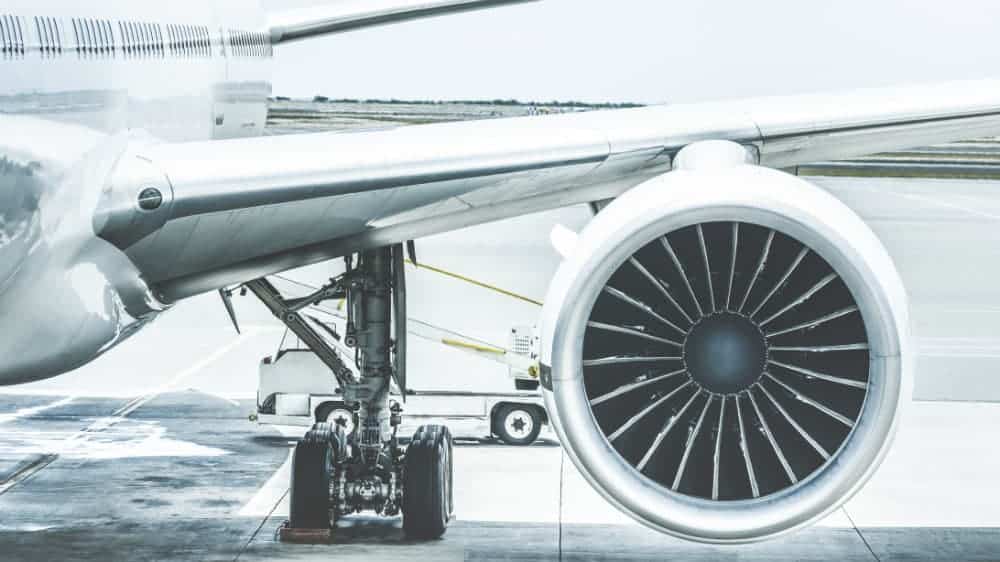
In the days following the tragedy of Ethiopian Airlines flight 302, airlines and governmental aviation boards have taken a firm stand against Boeing’s 737 MAX 8 aircraft. 393 planes are currently grounded internationally, posing a significant financial challenge for airlines.
Air Canada (TSX:AC)(TSX:AC.B) boasts a fleet of 24 737 MAX 8 aircraft in operation since 2017. This may be a troublesome figure for shareholders who have felt the impact since the accident on March 10. Shares of Air Canada were hovering around their YTD high of $35.50 before falling to a low of $30.96. However, investors who held their shares or bought the dip have seen their positions grow since the initial scare.
Air Canada’s plan to meet demand without the marquee aircraft In an attempt to restore confidence in the airline’s stock, Air Canada has released a statement detailing its strategy to minimize service disruption in the coming busy summer months. The airline expects to cover an encouraging 98% of previously scheduled routes by substituting other aircraft in place of the 737 MAX 8.
Passengers have also felt little disruption in the service due to impressive tactics by management. The airline has made all travel information readily available via the Air Canada app. This allowed current ticketholders and loyalty customers to remain confident in flying with airline despite the grounding of the aircraft.
With a tally of 190 planes and 87 more orders outstanding, Air Canada is as well equipped as any other airline to successfully navigate through this adversity faced by 737 MAX 8 customers.
How Boeing (NYSE:BA) is helping Once the news broke about the problematic aircraft’s grounding, some investors lost confidence in the airlines that carried them in their fleet. This resulted in a fall in stock price and a revised financial outlook for many airlines.
To help with the public sentiment, Boeing has provided the public with transparent updates on how the aircraft is being fixed. The company released what it believes to have been the reason for the crash, citing the Maneuvering Characteristics Augmentation System’s (MCAS) role in pushing the nose of the plane down. Boeing CEO Dennis Muilenburg explained on video that the manufacturer’s test pilots have completed 120 test flights in an effort to certify the new MCAS and resume the aircraft’s commercial service.
Once certified and cleared by the FAA to fly again, investors should see a significant pop in Air Canada’s stock price.
Air Canada in shape to be stronger than ever
After finishing 2018 on a strong note, Air Canada expects to carry the strong momentum into 2019. It boasted a Q4 2018 operating income of $122 million and a record Q4 EBITDAR of $543 million (EBITDAR is a non-GAAP tool frequently used by airlines to include aircraft rent [R] in the EBITDA formula).
Air Canada has been clear on when it expects Boeing’s now infamous model to resume flying. The airline has removed the 737 MAX 8 from the schedule until July 1, 2019, giving investors an idea of when they can expect some stock volatility.
When the Boeing 737 MAX 8 is ready to fly again this summer, investors should expect to see an increase in price in Air Canada’s seemingly undervalued stock.
Fool contributor Chris Fabian has no position in the companies mentioned.
The Motley Fool’s purpose is to help the world invest, better. Click here now for your free subscription to Take Stock, The Motley Fool Canada’s free investing newsletter. Packed with stock ideas and investing advice, it is essential reading for anyone looking to build and grow their wealth in the years ahead. Motley Fool Canada 2019